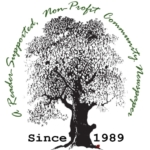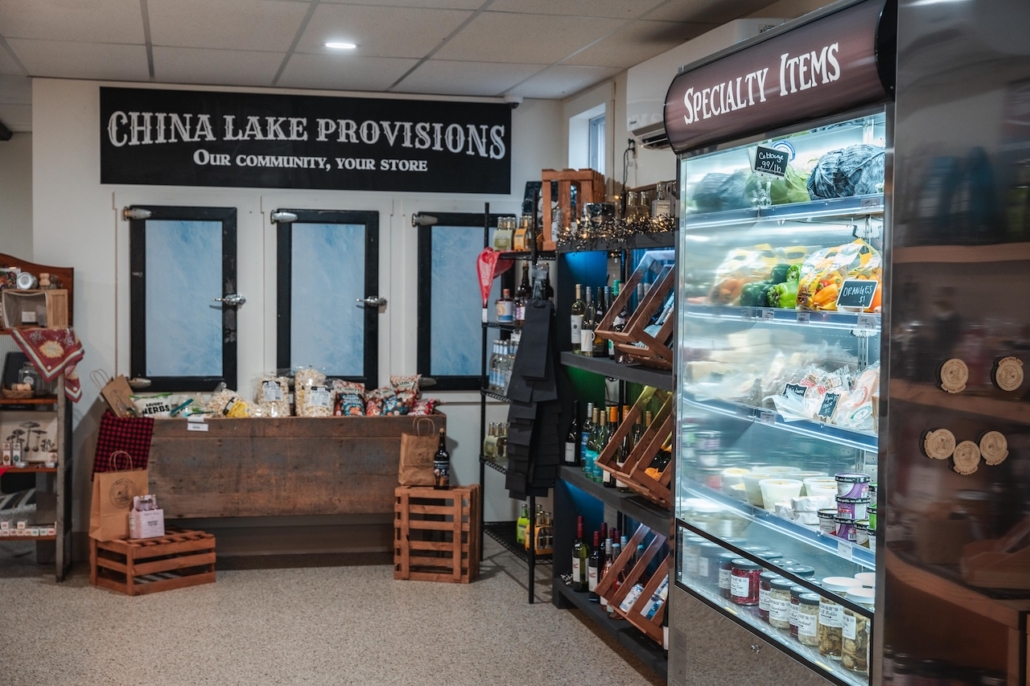CHINA NEWS: Land development issue to go before voters
by Mary Grow
Proposed changes to China’s Land Development Code, presented as a single article in November 2016, now make up articles 46 through 55 in the March 25 town business meeting warrant. The meeting begins at 9 a.m. – if there is a quorum – Saturday, March 25, at China Middle School.
Planning board members, who unanimously endorsed passage of the articles related to land use regulations at their Feb. 28 meeting, hope dividing the questions will make them easier to understand and will allow people to reject specific provisions they dislike while approving others.
Board members plan to attend town meeting to answer voters’ questions. Codes Officer Paul Mitnik has prepared an explanatory handout, which is on the town web site, listed on the left of the main page under the title “Ordinance Revisions March 25, 2017 Annual Town Business Meeting.” Mitnik’s document starts by listing the changes covered in Art. 46 that are required for China’s ordinance to conform to minimum state standards. These changes deal with clearing vegetation and trees, docks and similar structures, campgrounds and signs.
Art. 47 deals with expansion of non-conforming structures. A non-conforming structure is a building in the shoreland zone that does not meet ordinance requirements, usually because it is too close to the water or on a lot that is smaller than the ordinance allows or lacks required water frontage.
Art. 48 deals with seasonal conversion, the change in use of a shoreland building from a seasonal camp to a year-round residence. Mitnik’s explanation says the change, if approved, would repeal China’s current rules and rely on the state’s seasonal conversion regulations to issue or deny a conversion permit. State rules, he wrote, require an adequate septic system; current town rules add lot size, water frontage and building setback standards.
Art. 49 asks voters to add a new section to the ordinance, conforming to but not required by state regulations, allowing exceptions to limits on clearing in the shoreland.
Art. 50 would repeal local regulations on timber harvesting and replace them with statewide standards.
Art. 51, Mitnik explains, makes it clear that water-dependent uses, like fishing or boating, on town or public land do not need to meet water setback standards. If approved, one effect of the change would be to remove any question of the legality of the proposed boardwalk at the head of China Lake’s east basin. The boardwalk is part of the Tax Increment Finance Committee’s recommended project for which Art. 8 in the warrant requests funding.
Art. 52, Mitnik wrote, proposes a rewritten version of conditional use standards (requirements for opening or significantly expanding a business). Currently the Land Development Code requires an applicant to prove a project will not have a list of undesired effects, negative wording the planning board has worked on revising.
Art. 53 deals with signs. If adopted, Mitnik, wrote, the new version grandfathers signs existing in 2010, exempting them from all requirements “except turning off lighted signs at night and digital signs from 10 PM to 6 AM.”
Art. 54 deals with other minor changes, mostly for consistency within the ordinance. Art. 55 amends definitions in China’s ordinance to match state guidelines and adds a definition recommended at a planning board hearing before the November 2016 vote.
Responsible journalism is hard work!
It is also expensive!
If you enjoy reading The Town Line and the good news we bring you each week, would you consider a donation to help us continue the work we’re doing?
The Town Line is a 501(c)(3) nonprofit private foundation, and all donations are tax deductible under the Internal Revenue Service code.
To help, please visit our online donation page or mail a check payable to The Town Line, PO Box 89, South China, ME 04358. Your contribution is appreciated!





Leave a Reply
Want to join the discussion?Feel free to contribute!